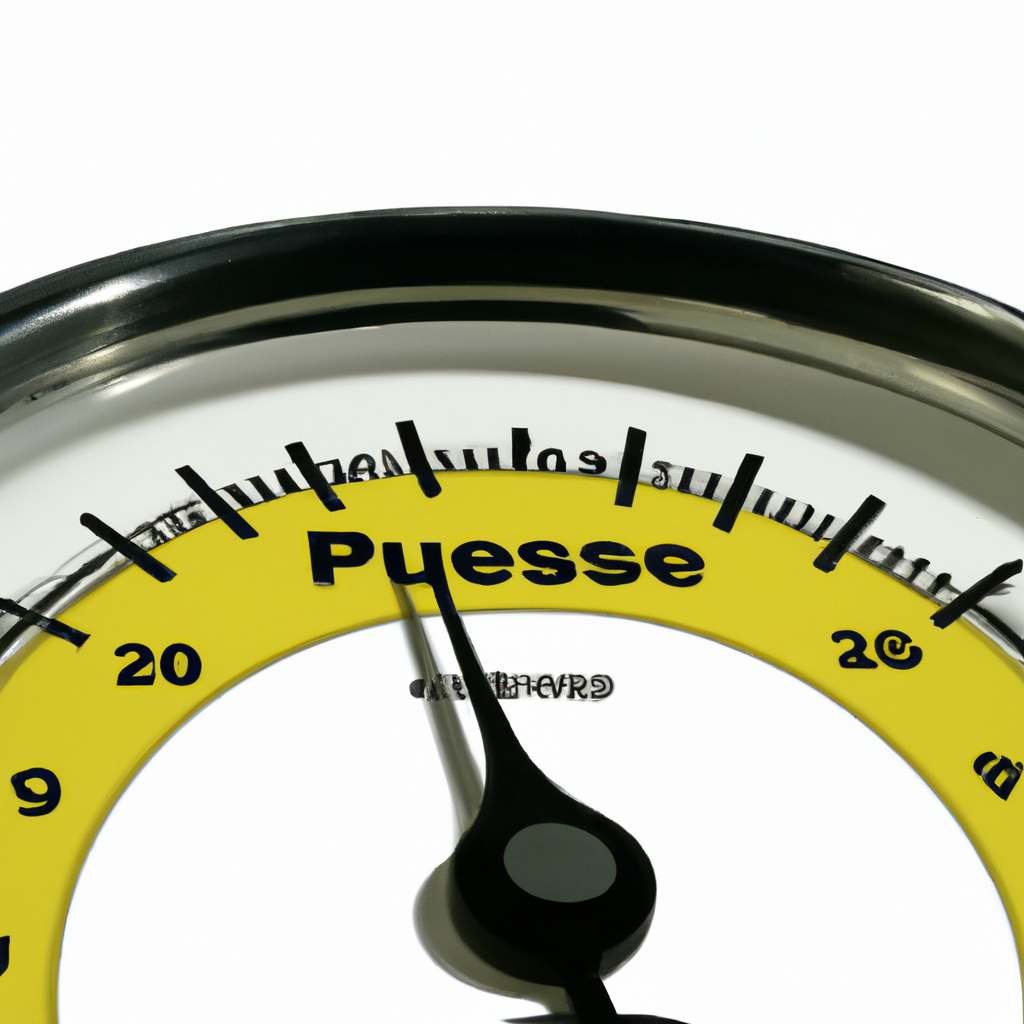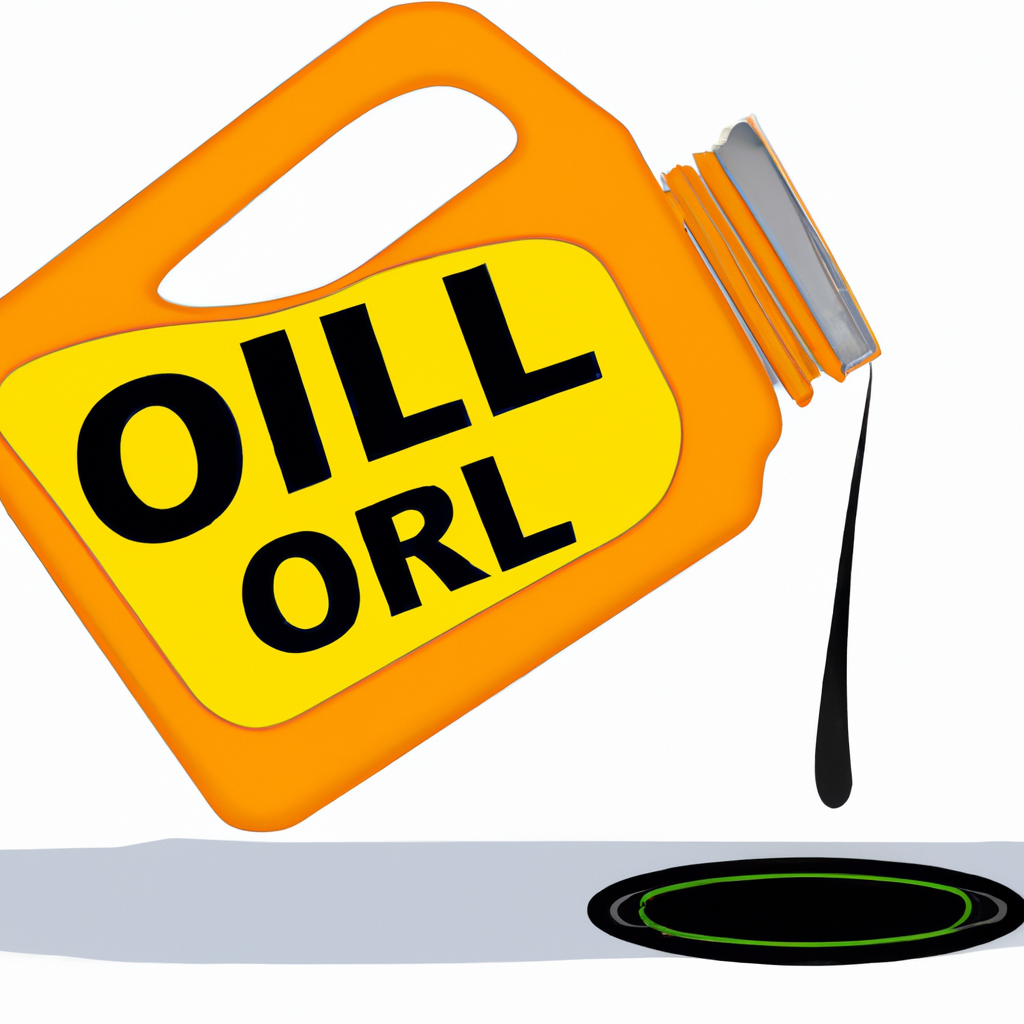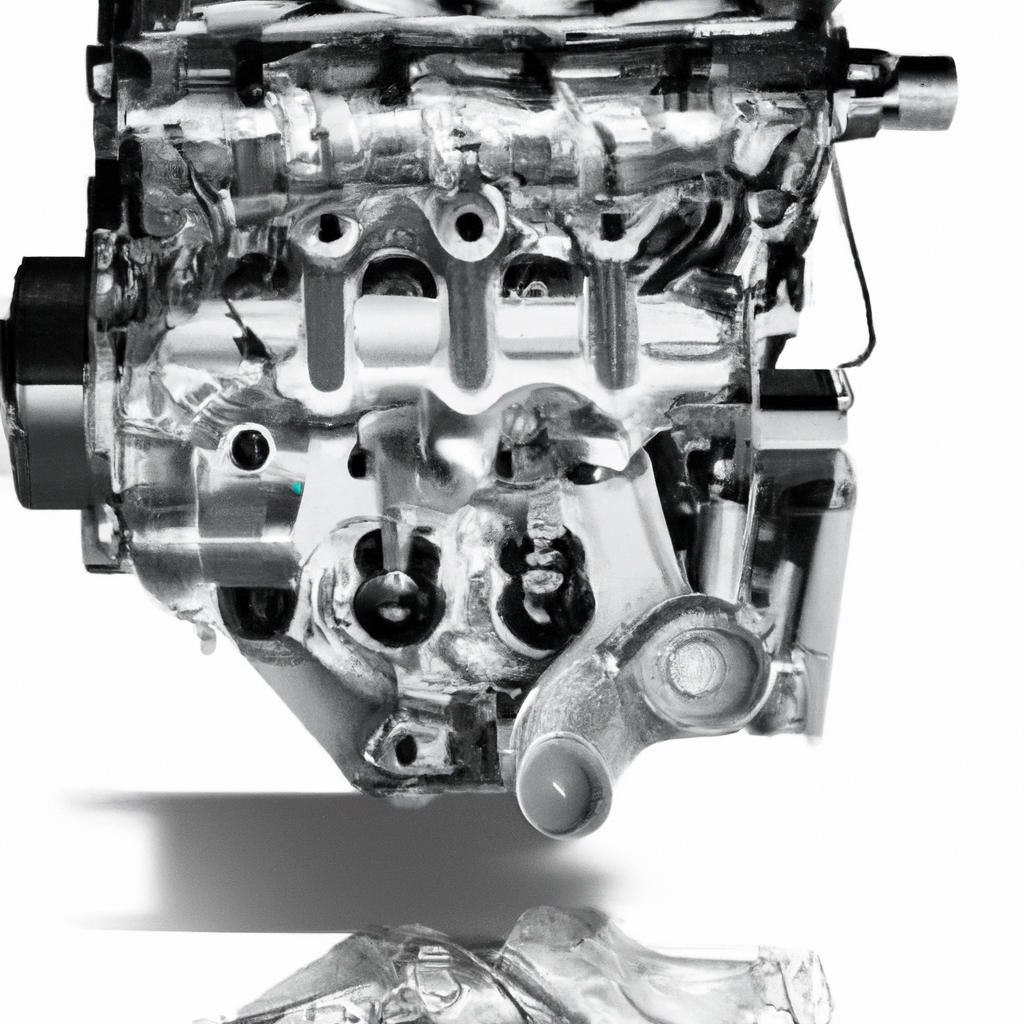There are several reasons why your oil pressure gauge may not be working correctly. In some cases, the issue may be relatively minor and easy to fix, while in other cases it may indicate a more serious problem with your engine. Here are some of the most common reasons why your oil pressure gauge may not be working: 1. Faulty Oil Pressure Sensor: The oil pressure sensor is responsible for sending signals to the gauge to indicate the oil pressure in the engine. If this sensor becomes faulty or fails completely, the gauge may stop working. In some cases, the sensor may be blocked or clogged with dirt or debris, which can also prevent it from functioning properly. Replacing the sensor is usually the best solution in this case.
1. Faulty Oil Pressure Sensor: The oil pressure sensor is responsible for sending signals to the gauge to indicate the oil pressure in the engine. If this sensor becomes faulty or fails completely, the gauge may stop working. In some cases, the sensor may be blocked or clogged with dirt or debris, which can also prevent it from functioning properly. Replacing the sensor is usually the best solution in this case. 2. Wiring Issues: Another common cause of oil pressure gauge problems is wiring issues. Over time, the wires connecting the sensor to the gauge may become damaged or frayed, resulting in a loss of signal. These wires can also become loose or disconnected, preventing the gauge from receiving the necessary information to display the oil pressure. Inspecting the wiring and making any necessary repairs or replacements can often solve the issue.
2. Wiring Issues: Another common cause of oil pressure gauge problems is wiring issues. Over time, the wires connecting the sensor to the gauge may become damaged or frayed, resulting in a loss of signal. These wires can also become loose or disconnected, preventing the gauge from receiving the necessary information to display the oil pressure. Inspecting the wiring and making any necessary repairs or replacements can often solve the issue. 3. Low Oil Level: If the oil level in your engine is too low, it can cause a drop in oil pressure, which may cause the gauge to give inaccurate readings or stop working altogether. This is often an easy fix, as all you need to do is add more oil to bring the level back to the right range. However, if you consistently have low oil levels, it may indicate a more serious problem, such as an oil leak or burning oil, which should be addressed as soon as possible.4. Clogged Oil Filter: A clogged oil filter can also lead to low oil pressure, which may cause the gauge to malfunction. If the filter becomes clogged with dirt, debris, or sludge, it can restrict the flow of oil to the engine, resulting in lower oil pressure. Regularly changing your oil and filter can help prevent this issue from occurring.5. Punctured or Damaged Oil Line: The oil pressure gauge relies on the oil line to deliver the oil pressure readings from the engine to the gauge. If the oil line becomes punctured or damaged in any way, it can cause a loss of pressure and prevent the gauge from working correctly. Inspecting the oil line for any signs of damage and repairing or replacing it as needed can resolve this issue.6. Faulty Gauge: Lastly, it is possible that the oil pressure gauge itself is faulty. Over time, the gauge may become worn out or damaged, resulting in inaccurate readings or a complete failure. If you have ruled out all other possible causes and the gauge still isn’t working, replacing it may be necessary.In conclusion, there are several reasons why your oil pressure gauge may not be working properly. Whether it’s a faulty sensor, wiring issues, low oil levels, a clogged filter, a damaged oil line, or a faulty gauge, it’s important to address the problem promptly to prevent further damage to your engine. If you are unsure of the cause or do not have the necessary knowledge or tools to fix the issue yourself, it is recommended to seek professional assistance.
3. Low Oil Level: If the oil level in your engine is too low, it can cause a drop in oil pressure, which may cause the gauge to give inaccurate readings or stop working altogether. This is often an easy fix, as all you need to do is add more oil to bring the level back to the right range. However, if you consistently have low oil levels, it may indicate a more serious problem, such as an oil leak or burning oil, which should be addressed as soon as possible.4. Clogged Oil Filter: A clogged oil filter can also lead to low oil pressure, which may cause the gauge to malfunction. If the filter becomes clogged with dirt, debris, or sludge, it can restrict the flow of oil to the engine, resulting in lower oil pressure. Regularly changing your oil and filter can help prevent this issue from occurring.5. Punctured or Damaged Oil Line: The oil pressure gauge relies on the oil line to deliver the oil pressure readings from the engine to the gauge. If the oil line becomes punctured or damaged in any way, it can cause a loss of pressure and prevent the gauge from working correctly. Inspecting the oil line for any signs of damage and repairing or replacing it as needed can resolve this issue.6. Faulty Gauge: Lastly, it is possible that the oil pressure gauge itself is faulty. Over time, the gauge may become worn out or damaged, resulting in inaccurate readings or a complete failure. If you have ruled out all other possible causes and the gauge still isn’t working, replacing it may be necessary.In conclusion, there are several reasons why your oil pressure gauge may not be working properly. Whether it’s a faulty sensor, wiring issues, low oil levels, a clogged filter, a damaged oil line, or a faulty gauge, it’s important to address the problem promptly to prevent further damage to your engine. If you are unsure of the cause or do not have the necessary knowledge or tools to fix the issue yourself, it is recommended to seek professional assistance.
Shopping Cart
